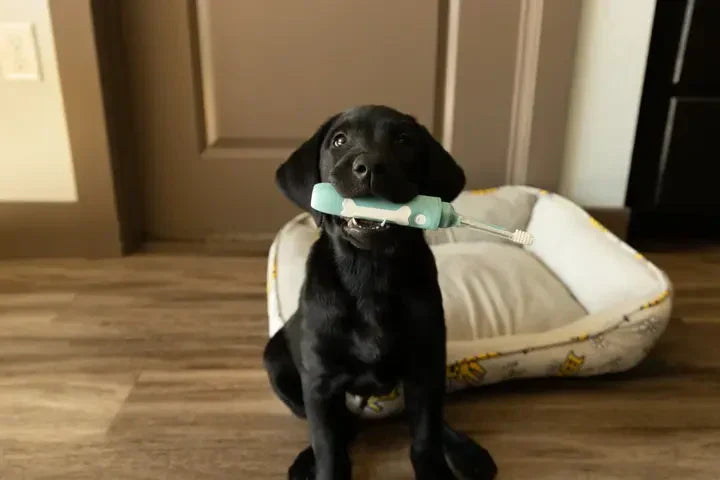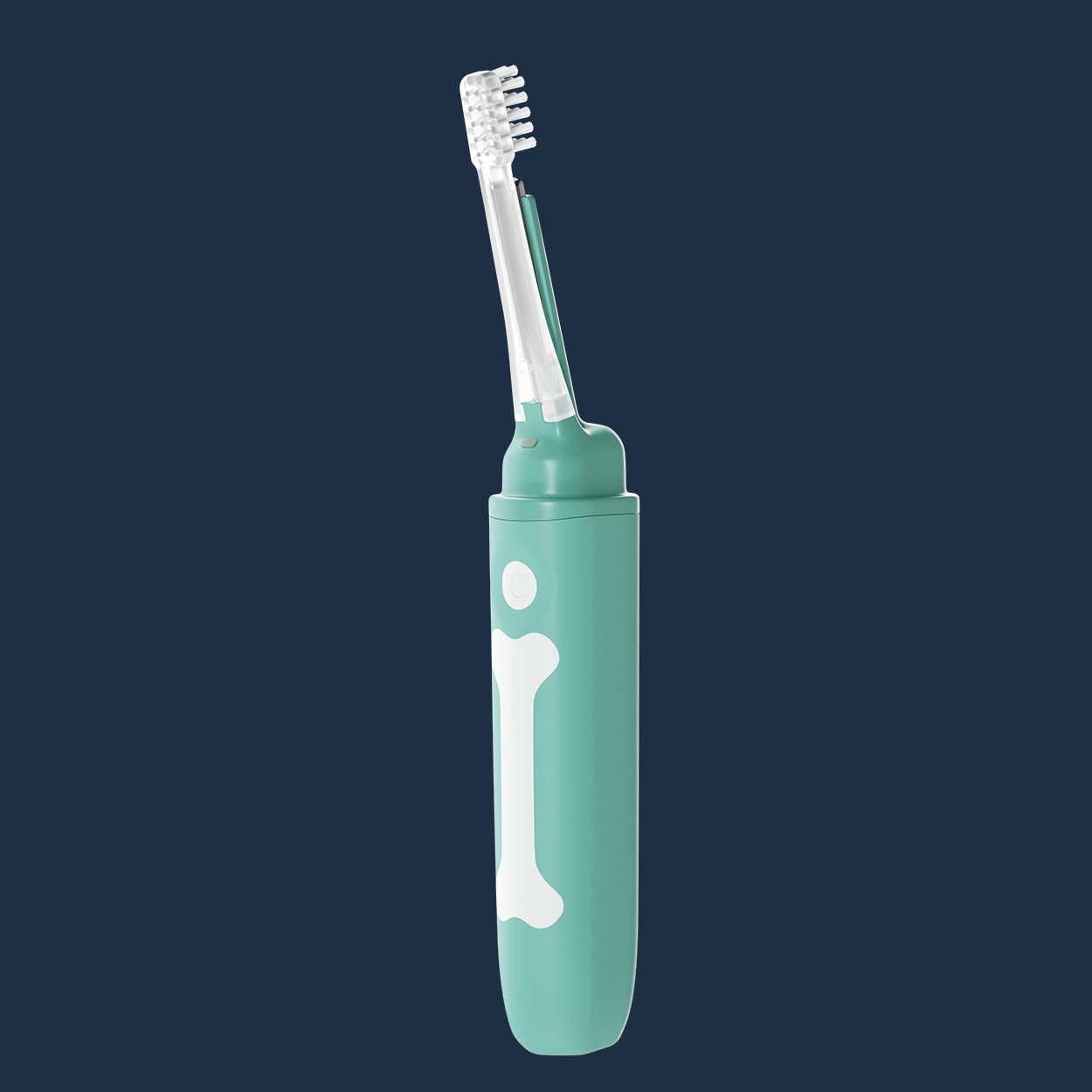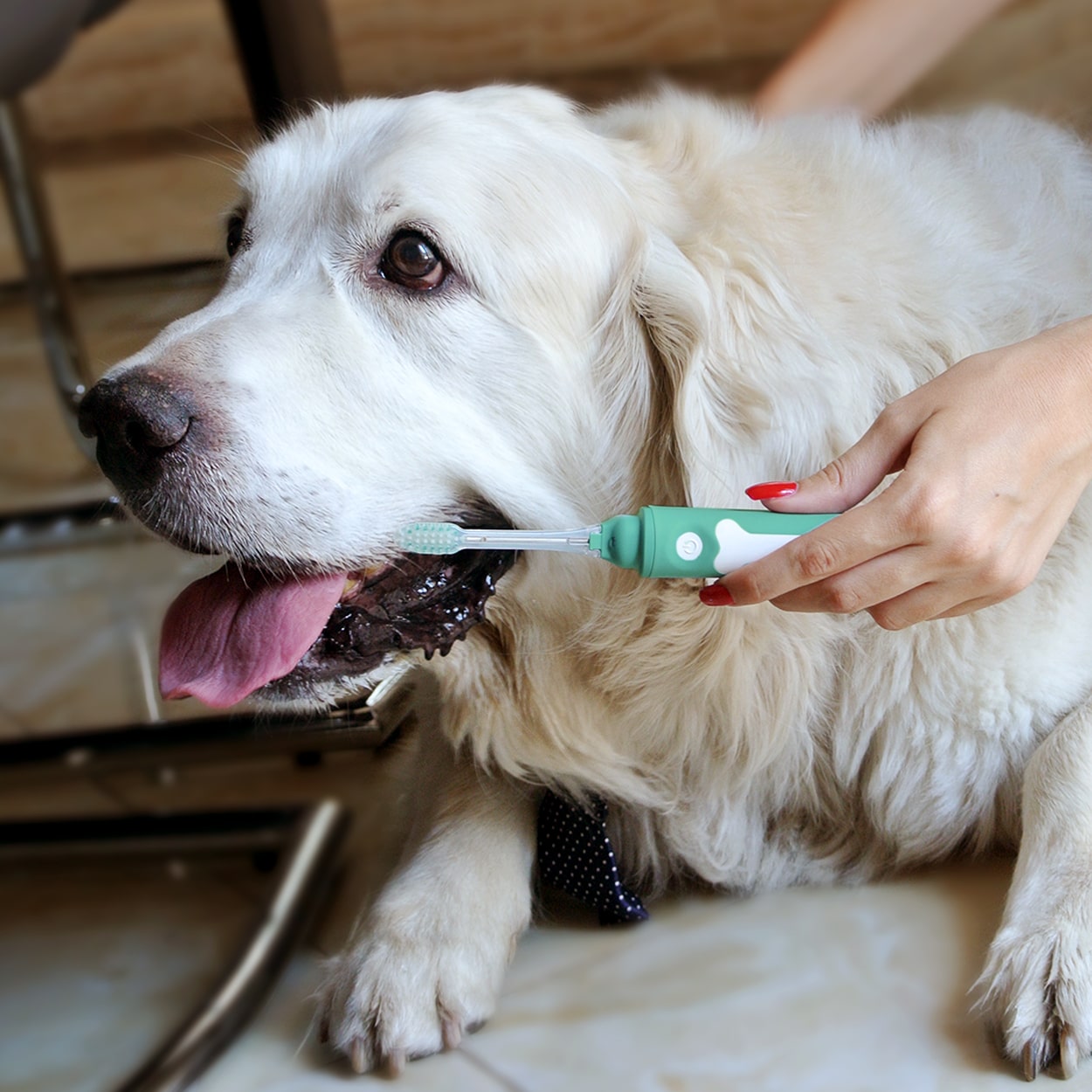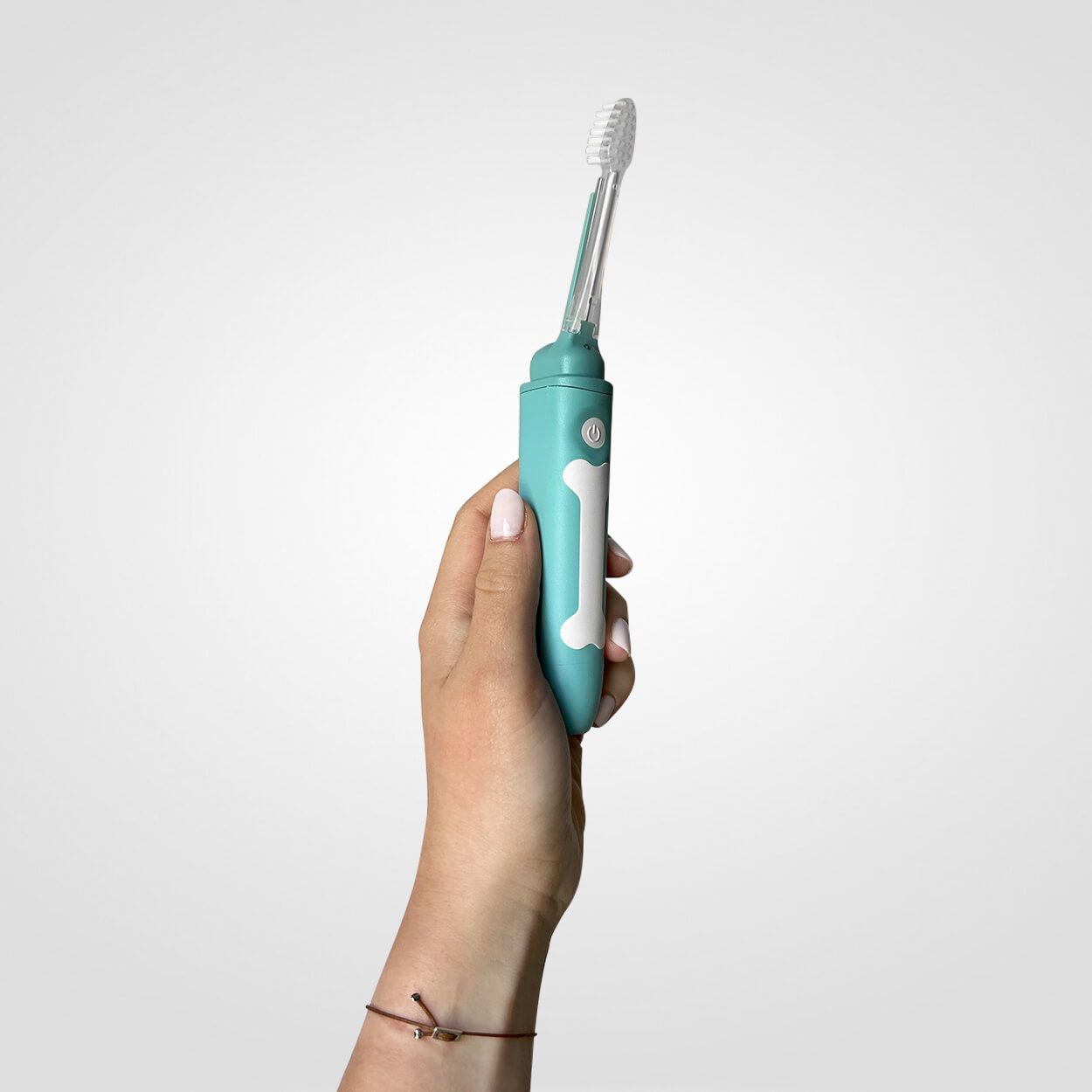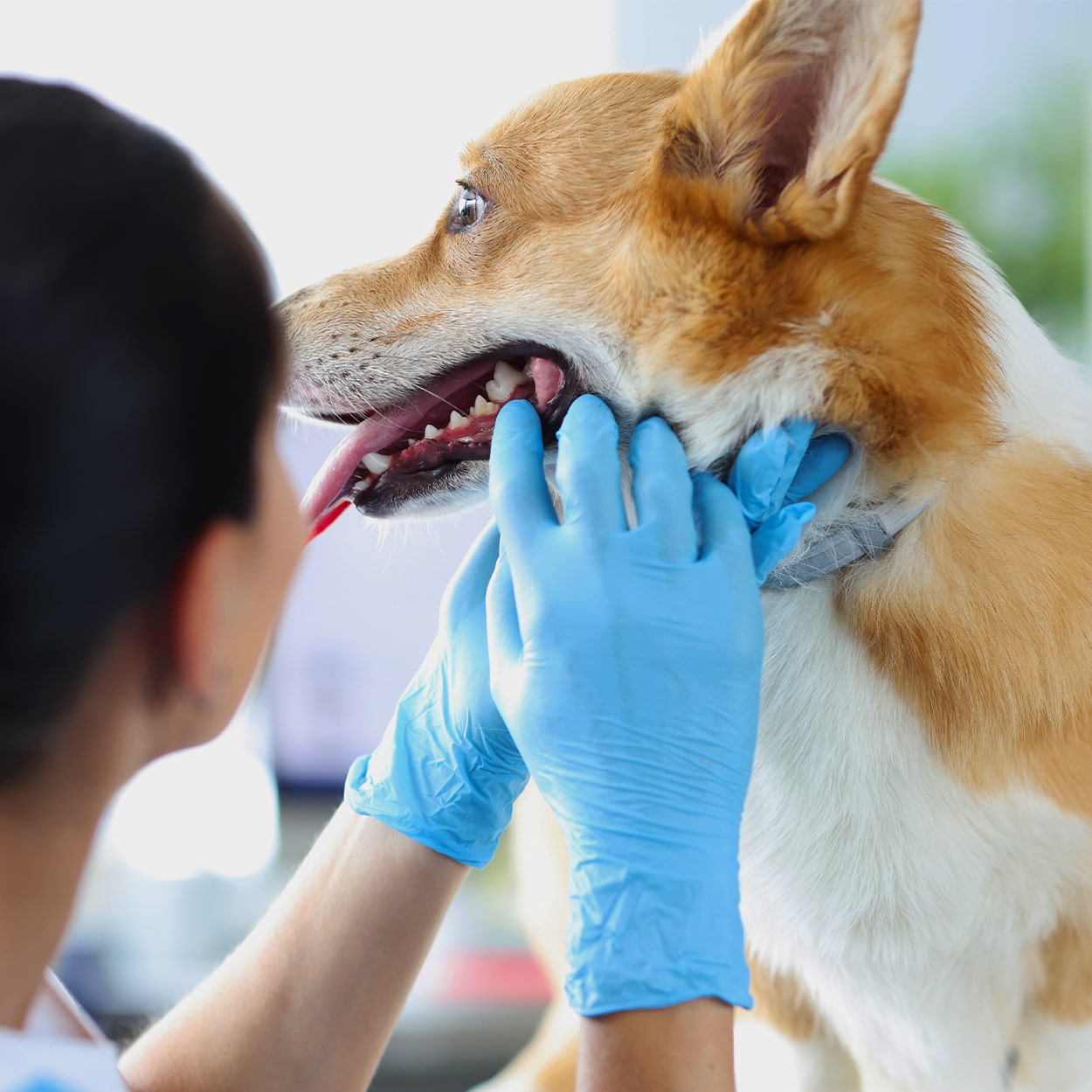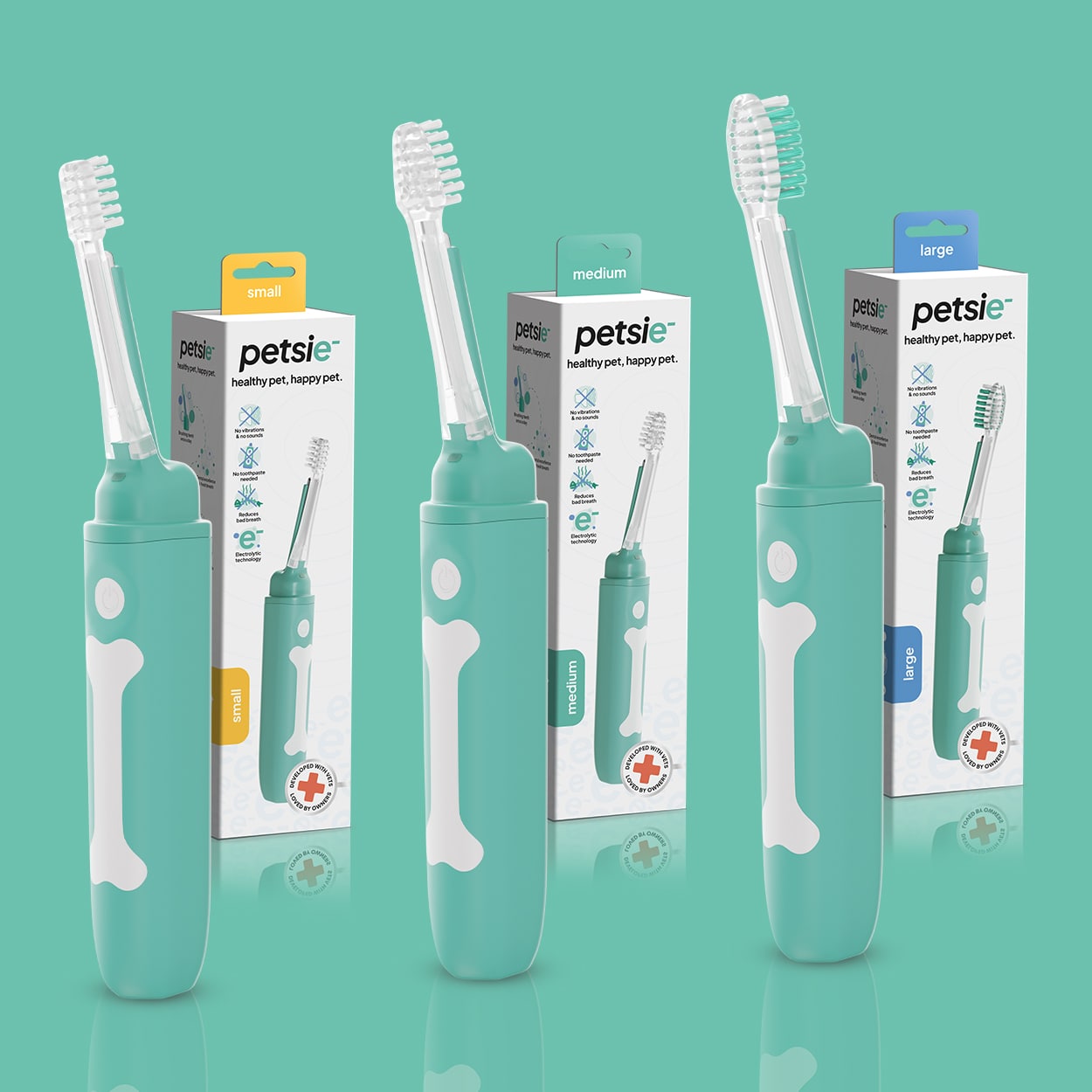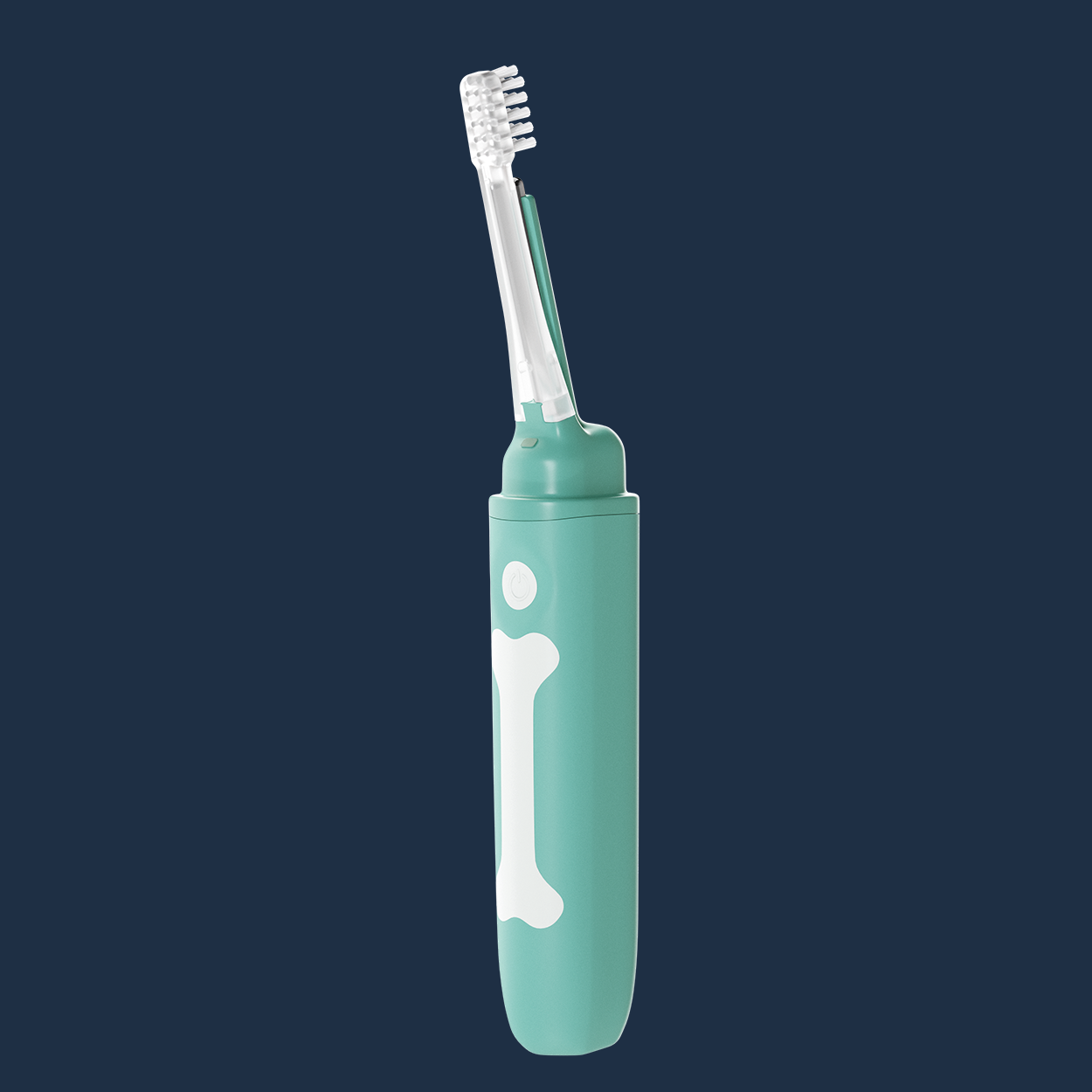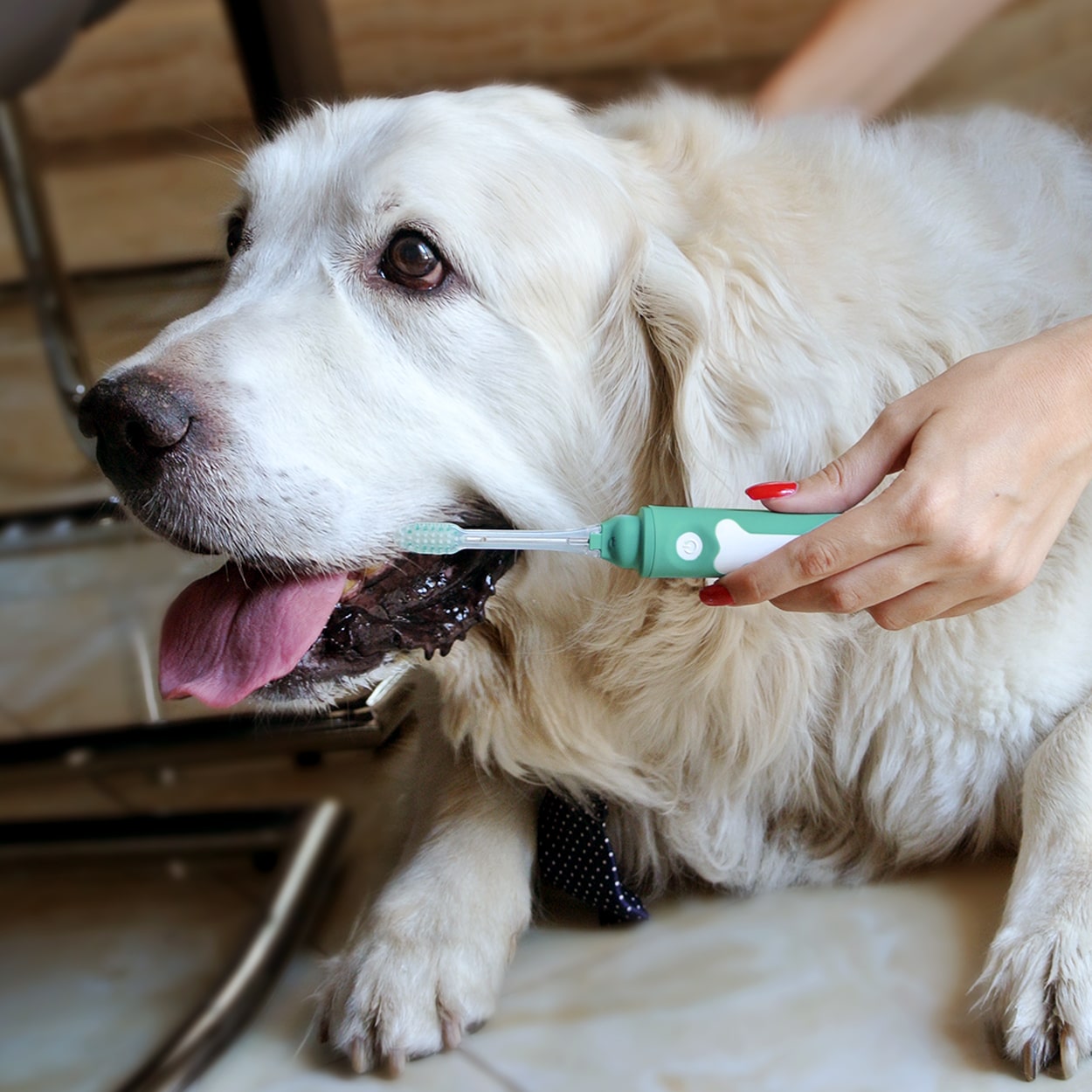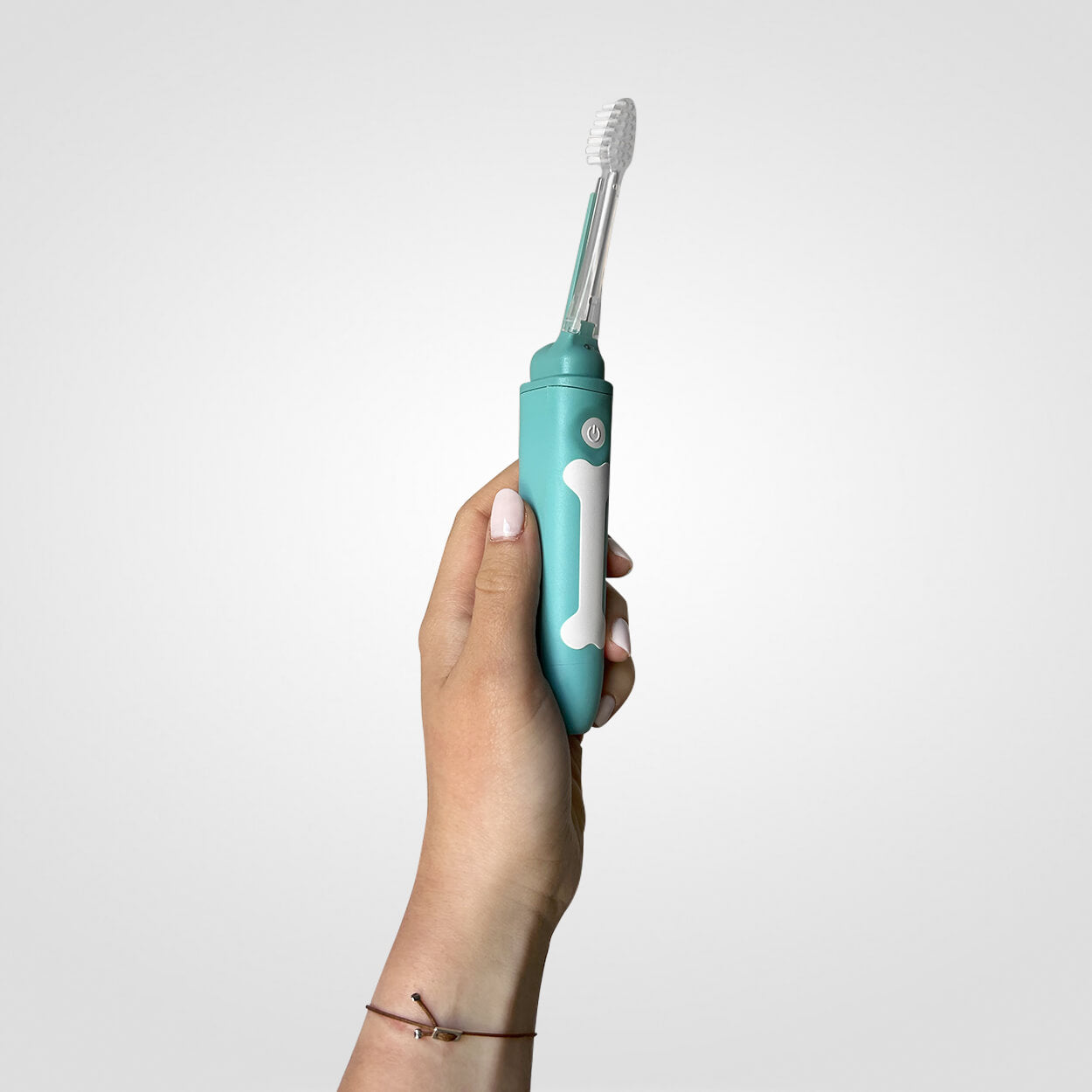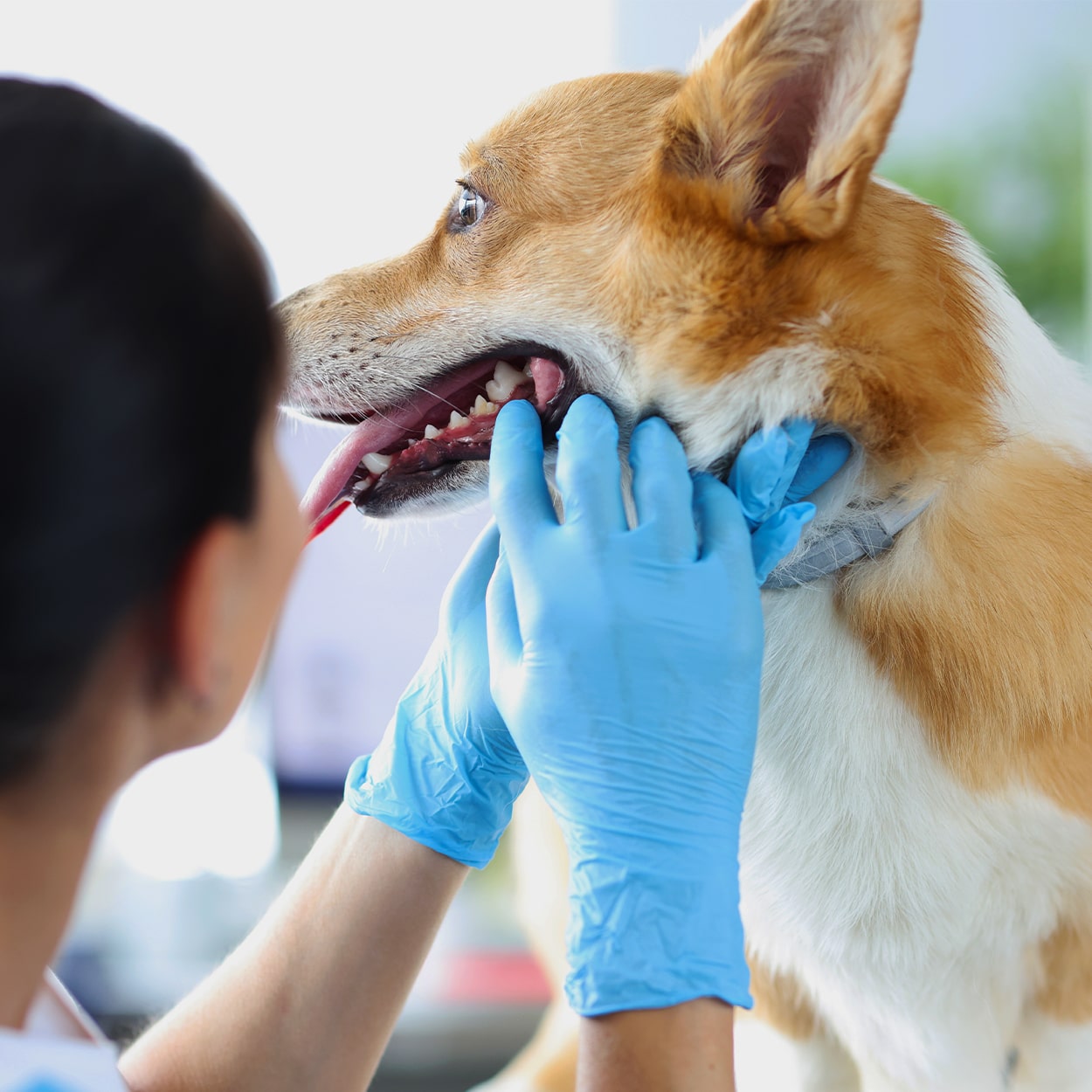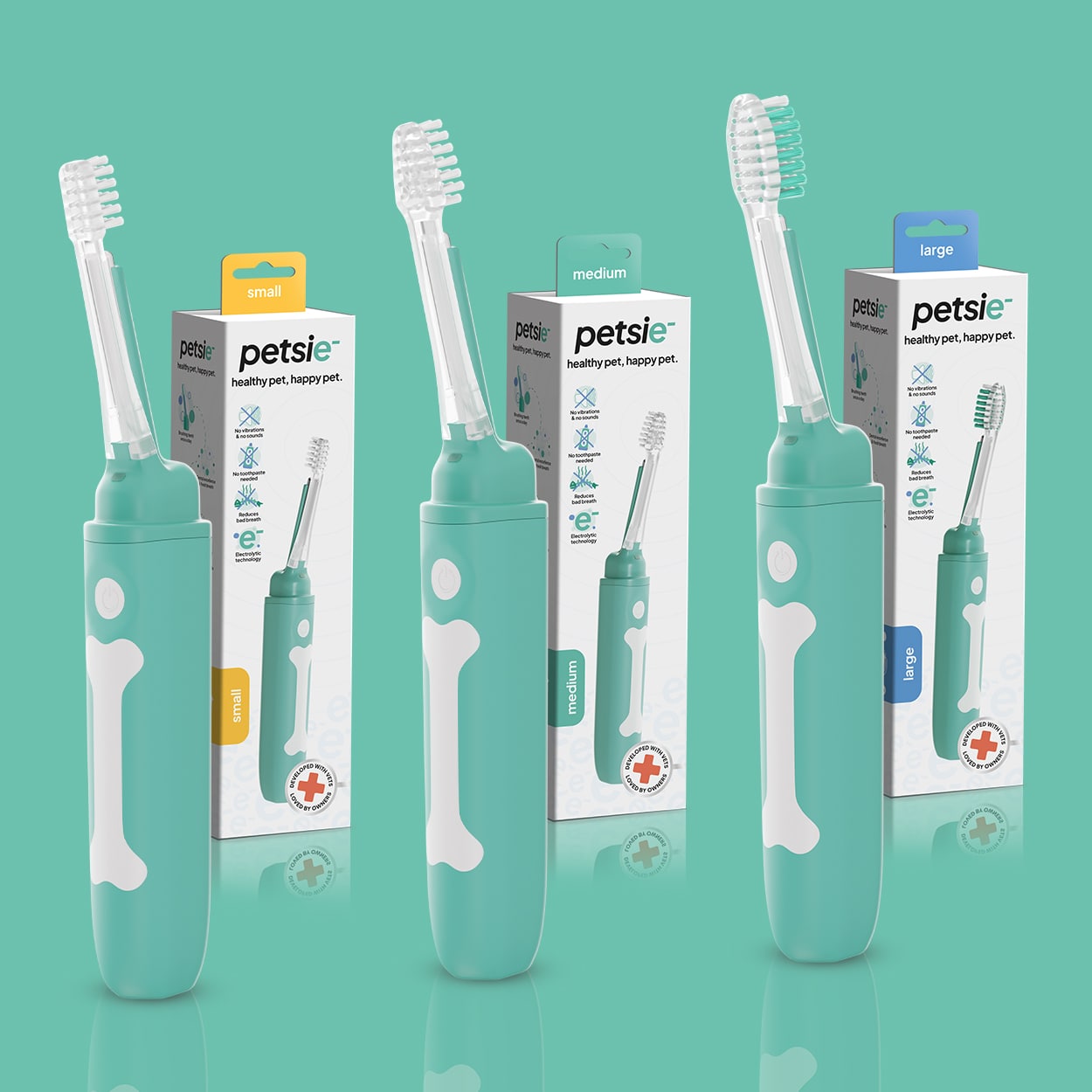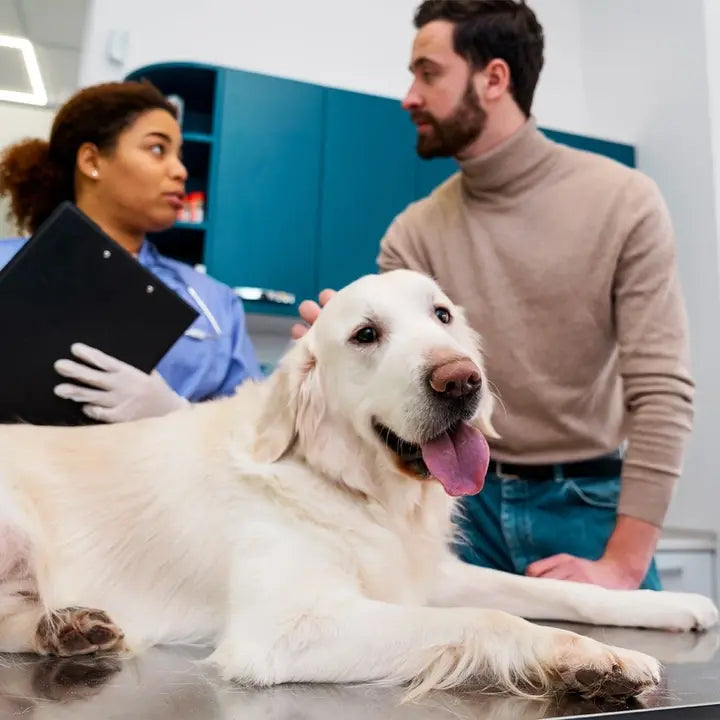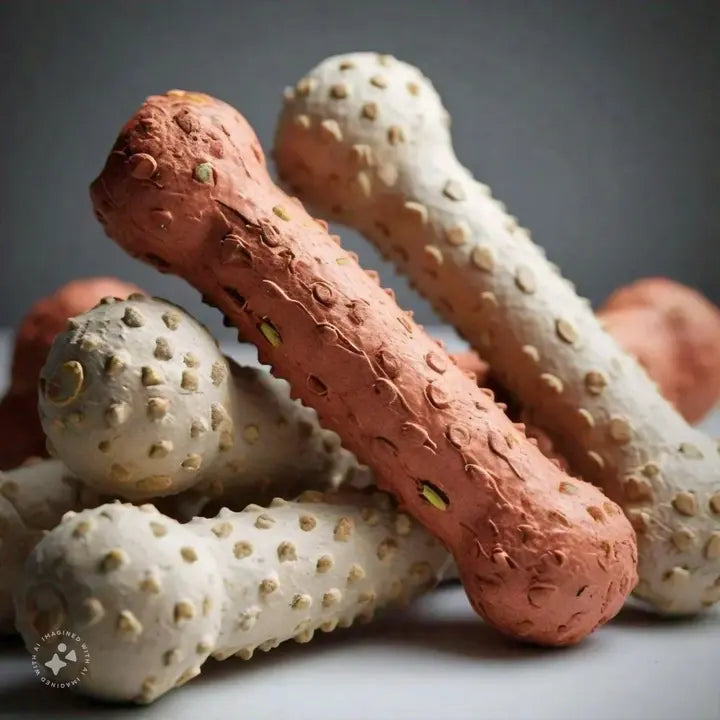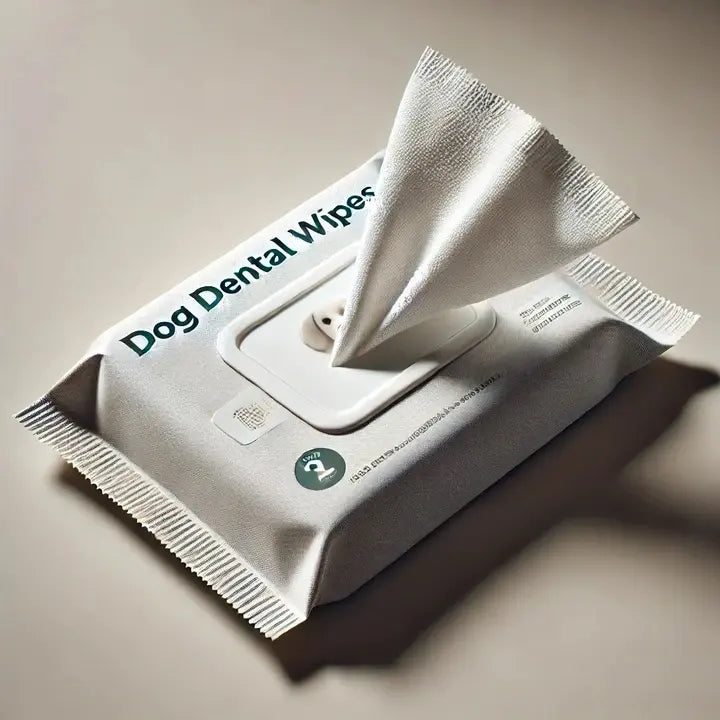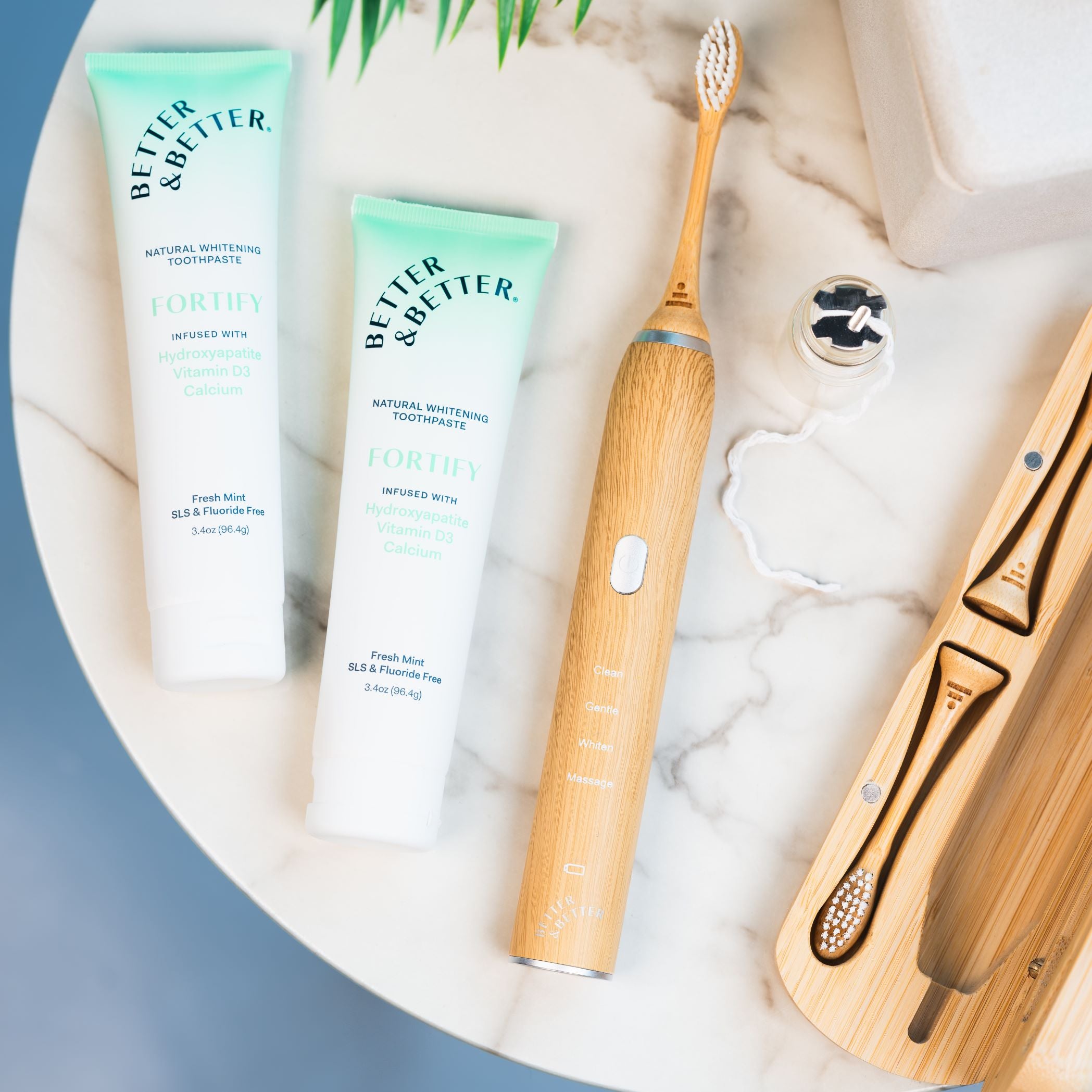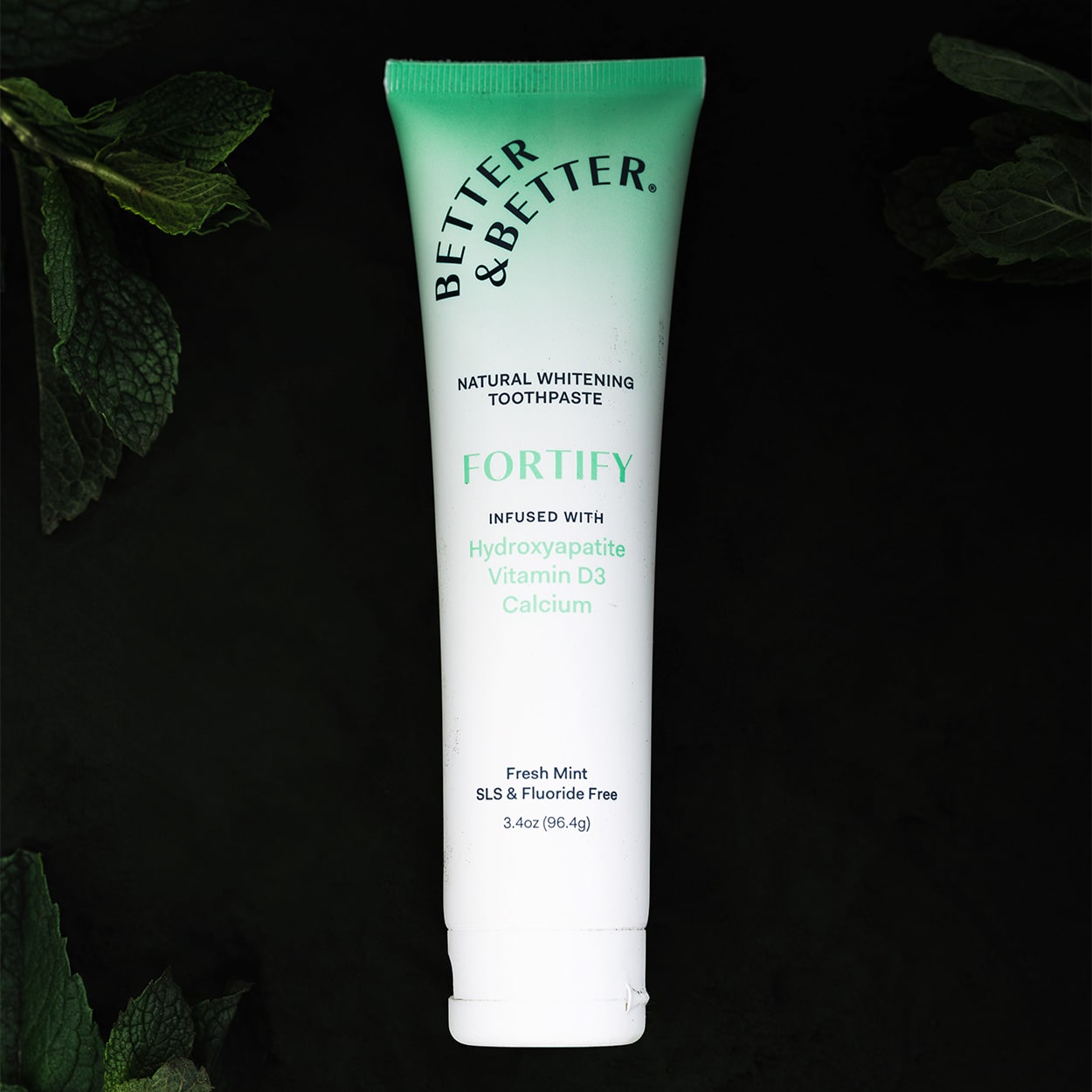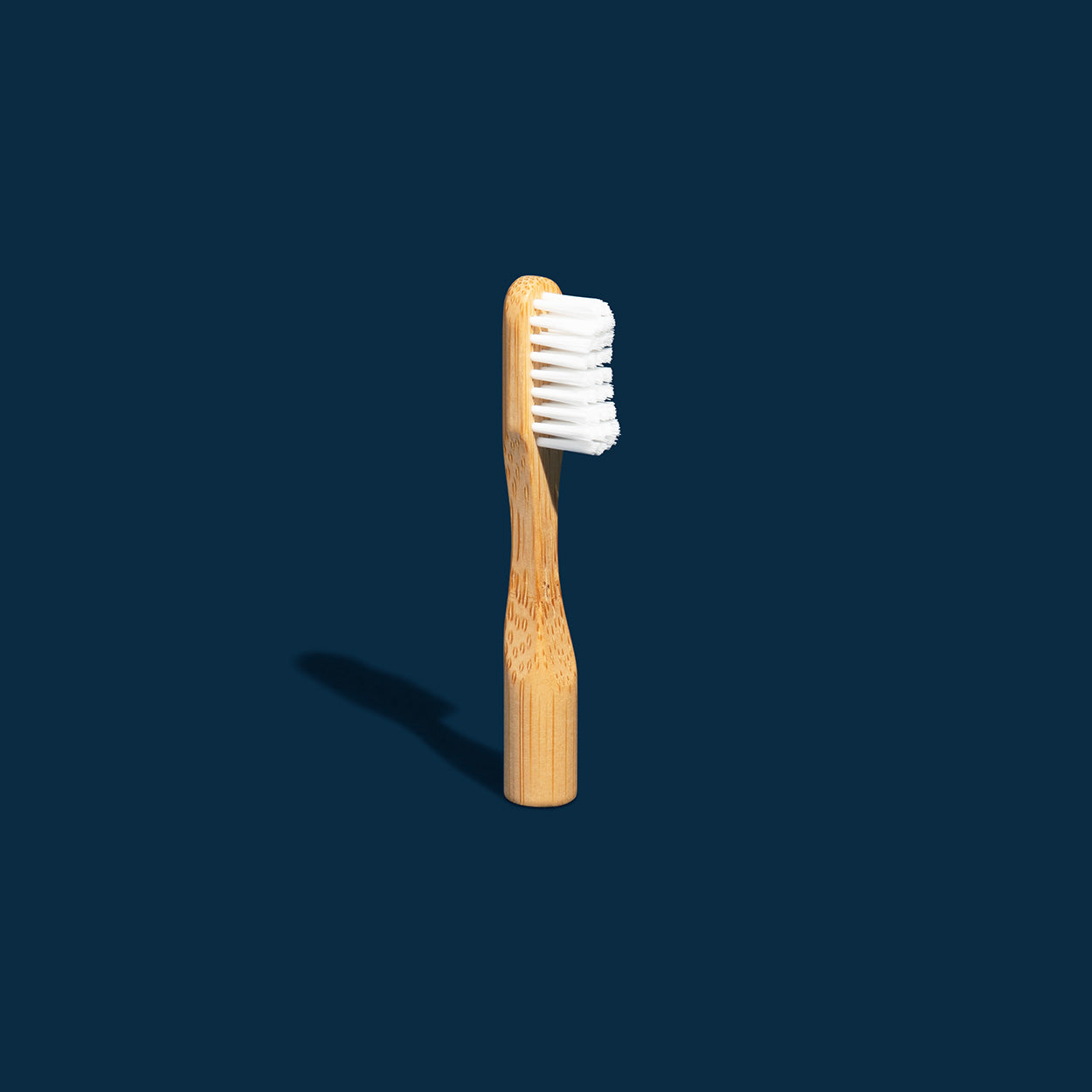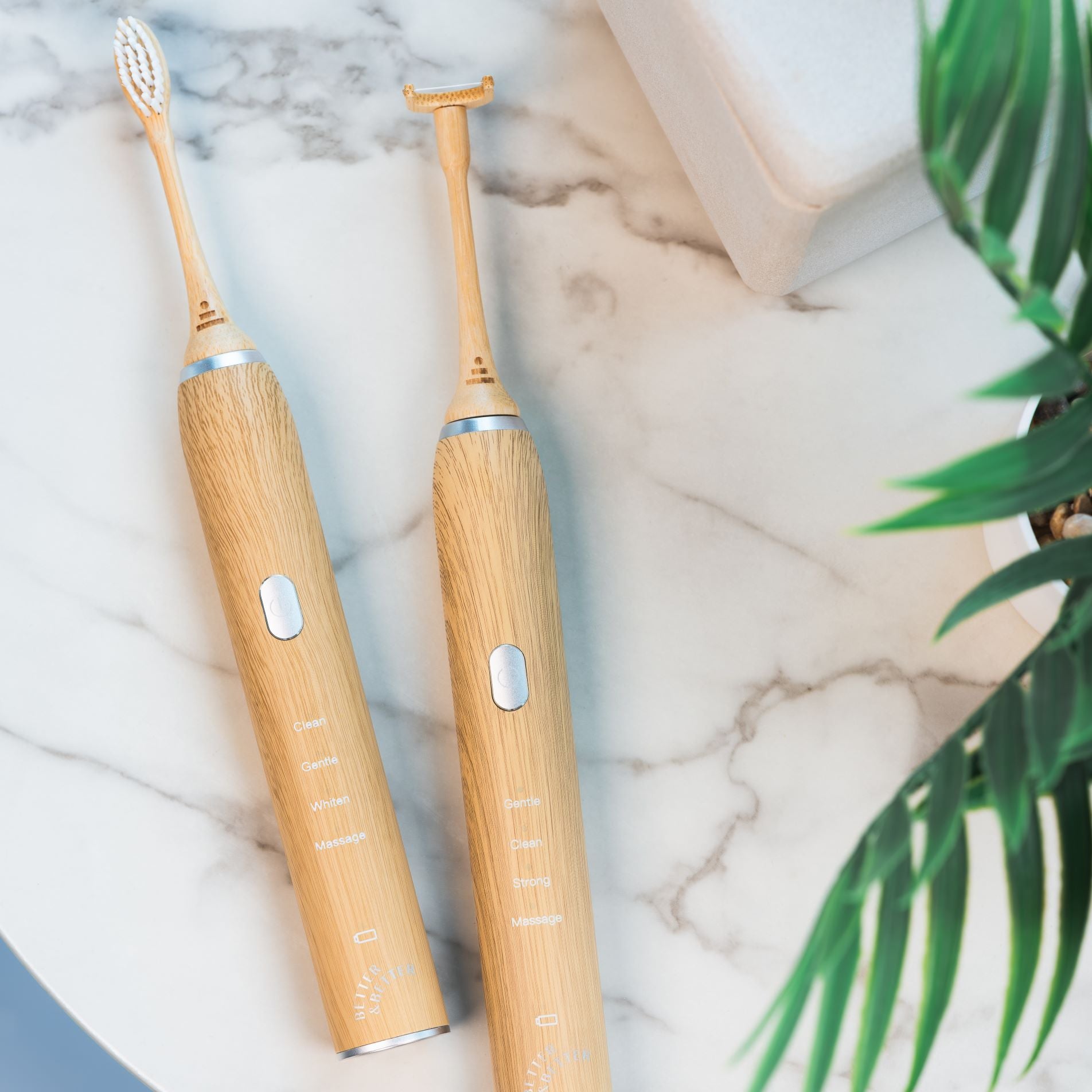UNDERSTANDING THE IMPORTANCE OF ORAL CARE IN DOGS
When it comes to our furry friends, we often focus on exercise, nutrition, and playtime, but how often do we think about their dental health? Just like humans, dogs require regular oral care to maintain overall health and well-being. Poor oral hygiene can lead to various health issues, some of which can become quite serious if left unaddressed.
Dental health is crucial because a dog's mouth is a gateway to its body. Bacteria from periodontal disease can enter the bloodstream, potentially affecting the heart, liver, and kidneys. Therefore, ensuring your dog's teeth and gums are in tip-top shape isn't just about preventing bad breath—it's about safeguarding their health.
For dog owners, maintaining oral hygiene can be a daunting task, especially if you're unsure where to start. This blog post aims to provide you with everything you need to know about dog oral care, from identifying common issues to implementing effective at-home dental routines.
COMMON ORAL HEALTH ISSUES IN DOGS AND THEIR IMPLICATIONS
Dogs are prone to several oral health problems that can affect their quality of life. Understanding these issues is the first step in preventing them. One of the most prevalent conditions is periodontal disease, affecting over 80% of dogs by the age of three. It starts with plaque buildup and can escalate to painful gum infections and tooth loss if untreated.
Another common issue is tartar buildup, which can cause yellowing of the teeth and inflammation of the gums. This can make eating uncomfortable for your dog and lead to further complications. Untreated, tartar can also contribute to bad breath, which is often the first sign of dental issues in dogs.
Oral tumors are a more serious concern. While not as common, they can occur in any breed and may require surgical intervention. Regular checks of your dog's mouth can help catch these early, highlighting the importance of staying vigilant about your pet's oral health.
TIPS FOR AT-HOME DOG DENTAL CARE
Caring for your dog's teeth at home is both manageable and essential for their health. One of the simplest methods is regular brushing. Using a specially designed dog toothbrush, like Petsie's innovative kit, can make this task easier and more effective. Start slowly, allowing your dog to get used to the sensation, and gradually increase the duration and frequency of brushing.
In addition to brushing, consider incorporating dental chews or toys into your dog's routine. These can help reduce plaque and tartar while also serving as a fun activity. Make sure to choose products that are safe and appropriate for your dog's size and chewing habits.
Diet also plays a role in oral health. Kibble can help scrub teeth as your dog eats, reducing plaque buildup. Certain foods formulated for dental health can provide additional benefits. Always ensure that any dietary changes are suitable for your pet's specific needs.
THE ROLE OF PROFESSIONAL DENTAL CLEANINGS FOR DOGS
While at-home care is crucial, professional dental cleanings are an essential part of a comprehensive oral care plan. These cleanings allow veterinarians to address issues that might not be visible to the naked eye and perform more thorough teeth cleaning than what's possible at home.
Typically, professional dental cleanings should be done annually, although some dogs may require more frequent visits, depending on their oral health status. Vets will not only clean your dog's teeth but also inspect for signs of disease or other issues, providing peace of mind and early intervention if needed.
It's important to recognize when professional help is necessary. Persistent bad breath, difficulty eating, or visible signs of discomfort in your dog's mouth warrant a vet visit. Early detection and treatment of dental issues can prevent more severe health problems down the line.
ORAL CARE AS A PART OF OVERALL HEALTH AND WELL-BEING
Maintaining your dog's oral health is integral to their overall well-being. A healthy mouth means a happier, more comfortable pet, free from the pain and discomfort that can accompany dental issues. Good oral care can also enhance your dog's longevity, contributing to a longer, healthier life.
Incorporating dental care into your dog's regular routine can become a bonding experience. Over time, your pet will become accustomed to and even enjoy the process, particularly when positive reinforcement and treats are involved. This contributes to a stronger owner-pet relationship, built on trust and care.
Remember, oral health is just one aspect of your dog's comprehensive health plan. Regular exercise, a balanced diet, and routine vet visits contribute to your pet's overall quality of life. By prioritizing oral care, you're taking a significant step towards ensuring your furry friend remains happy and healthy.
ADDRESSING FAQS ABOUT DOG ORAL CARE
How often should I brush my dog's teeth?
Ideally, you should aim to brush your dog's teeth daily. However, if that's not feasible, even a few times a week can be beneficial. Consistency is key, so try to establish a regular routine that works for both you and your pet.
Can I use human toothpaste for my dog?
No, human toothpaste contains ingredients that can be harmful to dogs. Always use toothpaste specially formulated for pets, which is safe to swallow and often flavored to appeal to dogs.
What if my dog won't tolerate tooth brushing?
If brushing is too challenging, start slowly and use positive reinforcement. Offering plenty of praise and rewards can help make the process more enjoyable for your dog. You can also supplement brushing with dental chews, toys, and a dental-friendly diet.
A Bright Future for Your Dog's Oral Health
In conclusion, taking proactive steps towards maintaining your dog's oral health can significantly impact their overall well-being. By understanding common dental issues, implementing an at-home care routine, and seeking professional cleanings when necessary, you can ensure your furry friend enjoys a healthy, happy life.
Ready to take your dog's oral care to the next level?
Consider trying Petsie's revolutionary dog brushing kit. With its safe, silent electrolytic technology and ergonomic design, Petsie makes brushing stress-free and effective. Loved by vets and dog owners, it's the perfect solution for maintaining your dog's dental health.
Explore our website to learn more about Petsie and order your kit today. Your dog's smile will thank you!


